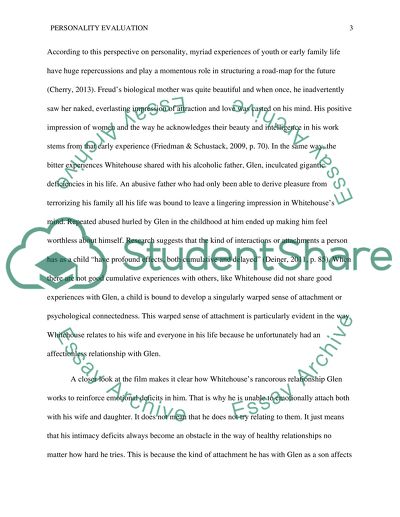Cite this document
(“Application of personality theory Research Paper”, n.d.)
Retrieved from https://studentshare.org/psychology/1496399-application-of-personality-theory
Retrieved from https://studentshare.org/psychology/1496399-application-of-personality-theory
(Application of Personality Theory Research Paper)
https://studentshare.org/psychology/1496399-application-of-personality-theory.
https://studentshare.org/psychology/1496399-application-of-personality-theory.
“Application of Personality Theory Research Paper”, n.d. https://studentshare.org/psychology/1496399-application-of-personality-theory.


